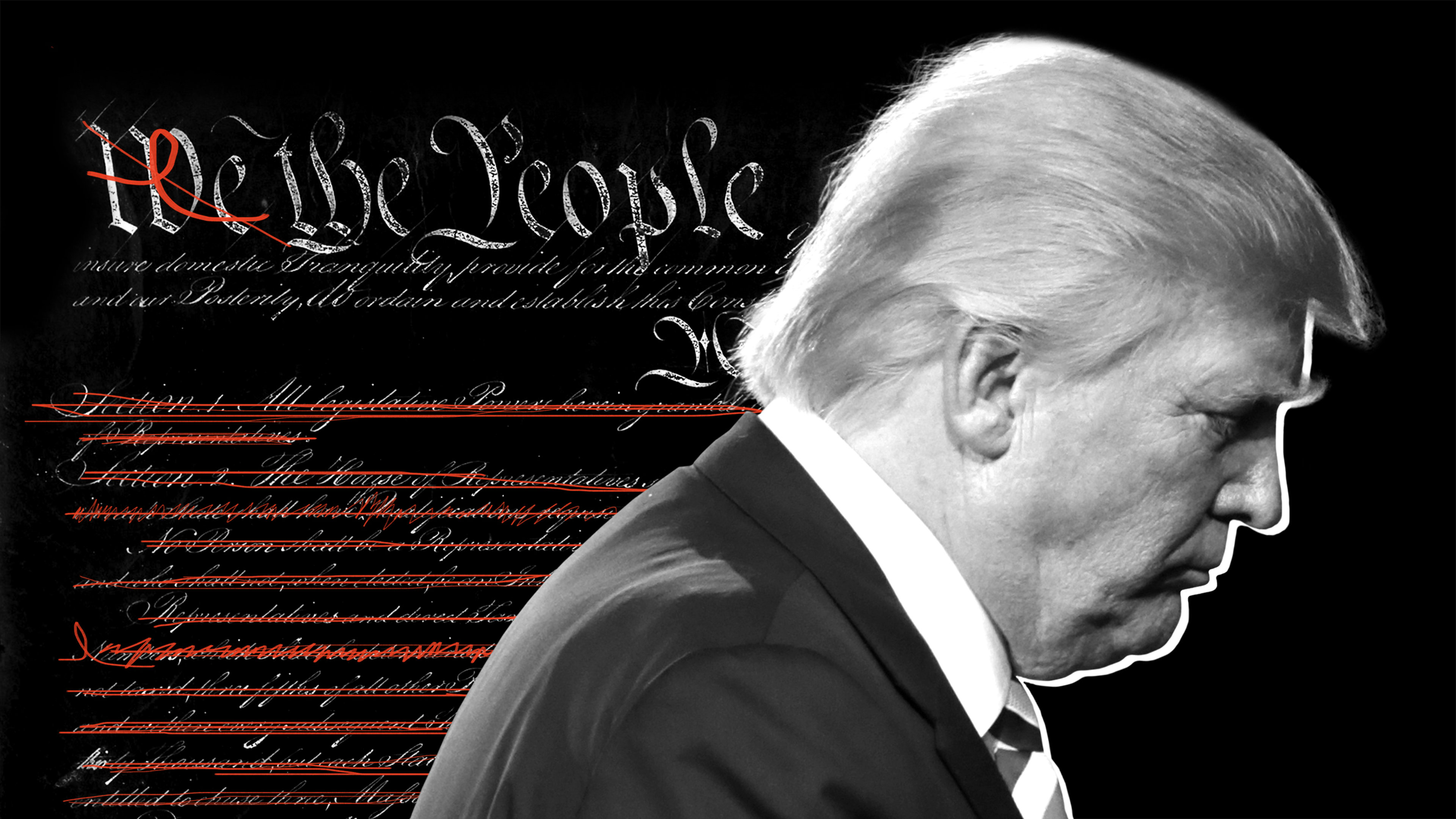Trump signed an executive order Thursday that could take away social media companies’ current exemption from civil suits stemming from harmful content posted to the platforms by users. That exemption is part of Section 230 of the Communications Decency Act, which was written back in 1996 by Congressmen Ron Wyden of Oregon and Chris Cox of California and has been called the “internet’s First Amendment.”
“He is trying to force companies to knuckle under to him while he desperately tries to steal for himself the power of the courts and the Congress to rewrite decades of settled law around 230 just so he can spread unfiltered lies,” Wyden says.
The order comes in retaliation to Twitter’s decision to fact-check a presidential tweet containing misinformation about absentee voting. Twitter’s move marks the first time a major social media platform has provided fact-based context for President Trump’s tweets, which are often full of misinformation. As the 2020 election heats up, the decision may lead to more questions about when Twitter should apply a misinformation label and when it shouldn’t.
The text of Trump’s order hasn’t been released yet, but a draft version obtained by The Washington Post late Wednesday contained this statement: “In a country that has long cherished the freedom of expression, we cannot allow a limited number of online platforms to handpick the speech that Americans may access and convey online.”
But while Trump and his allies believe that Section 230 is stifling conservative speech, it’s actually enabling free speech by removing the constant threat of lawsuits. Eliminating that shield could have an immediate chilling effect on all kinds of political discussion and expression.
Wyden tells me no one should be very surprised that the president is trying to severely limit the legal protections offered by Section 230.
“I have been warning for years that the administration was trying to chill speech and bully companies like Facebook, YouTube, and Twitter into giving him the coverage he thinks he should have,” Wyden says. “And today Donald Trump showed that was right.”
For the past few years, conservative lawmakers have been threatening to remove the Section 230 protections as a way of pressuring social media platforms to stop removing conservative content, even when it contains misinformation or threatening language. For example, Republican Senator Josh Hawley of Missouri last year proposed a law that would subject social media companies to regulatory audits to prove their sites give equal treatment to conservative and liberal viewpoints.
But an executive order takes the threats to Section 230 to a new level. Hawley’s bill went nowhere in Congress, but Trump’s order may threaten the Section 230 protections without Congressional consent. Once again, we’re in uncharted legal waters. And like Trump’s other executive orders, this one is likely to end up in the courts.
Even if the order passed muster in the courts, its workability is questionable. It may enlist the Federal Trade Commission to review complaints about anti-conservative bias from consumers. It could enlist the Federal Communications Commission to reexamine social media’s obligations under Section 230. One FCC commissioner, the Democrat Jessica Rosenworcel, is already expressing doubt. “Social media can be frustrating, but an executive order that would turn the Federal Communications Commission into the president’s speech police is not the answer,” she said in a statement Thursday.
Wyden fully acknowledges that there’s good reason to look carefully at Section 230 to make sure that it’s not unintentionally protecting speech that shouldn’t be safeguarded. In fact, Section 230 has been limited several times to remove its protections from user-generated content that sexualizes or threatens children.
But while Congress has shown an interest in reforming Section 230 in recent years, that hasn’t extended to repealing it all together. Wyden believes that an angry spat between a president and a social network can’t be the catalyst for a thoughtful conversation about reforming Section 230. It would only lead to a politically charged debate in which conservatives might try to push extreme policy positions into law.
“I don’t think Donald Trump cares about the law, and this order is simply a mugging of the First Amendment,” Wyden says.
Recognize your brand’s excellence by applying to this year’s Brands That Matter Awards before the early-rate deadline, May 3.
